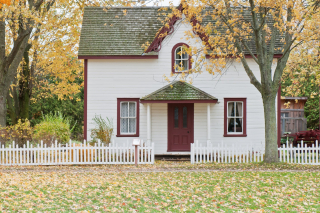 There are many rules about reverse mortgages, including what happens at the end of the mortgage. What if the children decide they want to undo the reverse mortgage and buy out their parents, so the home can be kept in the family?
There are many rules about reverse mortgages, including what happens at the end of the mortgage. What if the children decide they want to undo the reverse mortgage and buy out their parents, so the home can be kept in the family?
Let’s start by understanding what a reverse mortgage is, and how it works. This is a way for seniors to tap the equity in their homes. It’s usually done to generate cash, sometimes to pay for care and other times to supplement retirement accounts. However, the rules are a bit complex, says nj.com’s recent article, “Can we undo a reverse mortgage to keep the home?”
One of many common misconceptions about reverse mortgages is that the bank owns the home.
 Houston Estate Planning and Elder Law Attorney Blog
Houston Estate Planning and Elder Law Attorney Blog





